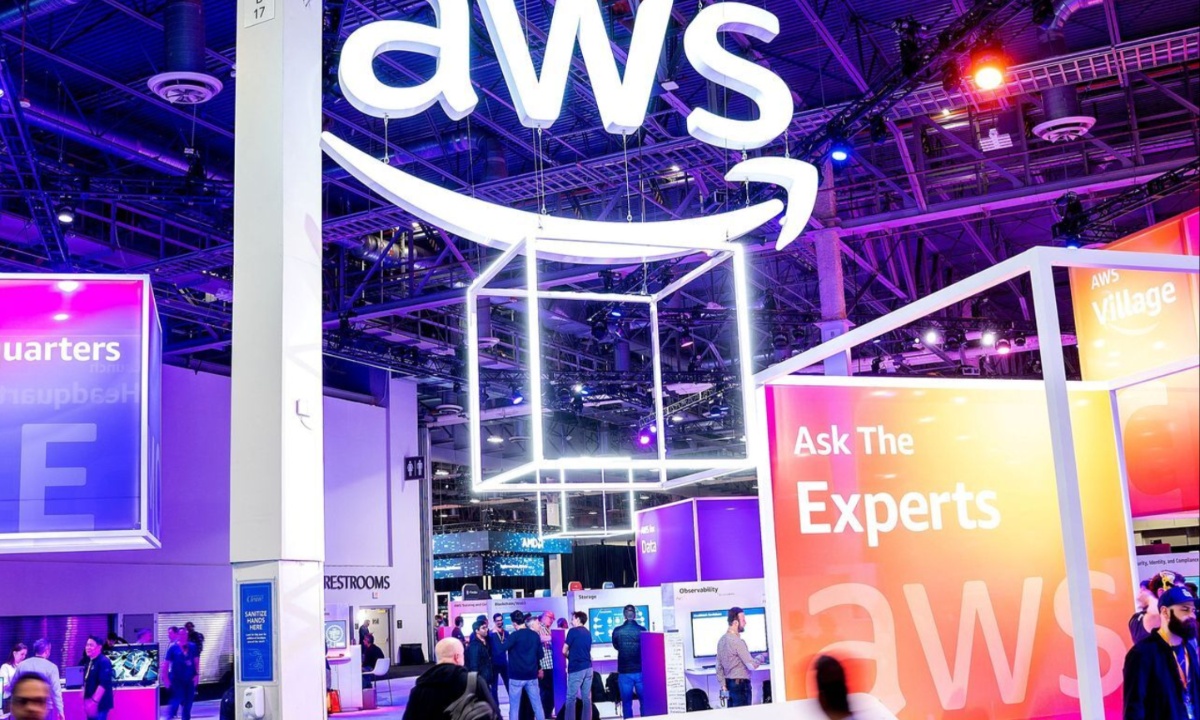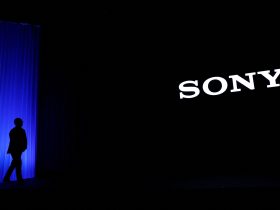The current earnings season has highlighted a significant increase in spending on artificial intelligence (AI) by major technology companies. Meta has adjusted its capital expenditures forecast to a range of $37 billion to $40 billion, while Microsoft spent $19 billion last quarter, including expenses for server farm leases.
Amazon has already spent $30 billion this year and plans to increase its spending even more towards the end of 2024. Although Apple seems to be taking a different approach, it is evident that they also have a new focus on AI.
Generative AI is being touted as the next major technological breakthrough, comparable to the advent of the smartphone and the internet. This belief has driven companies to significantly increase their investments in developing AI capabilities, resulting in what can be described as an AI-building arms race. The heavy investment reflects their belief in AI’s potential to transform industries and generate substantial returns.

However, there is an underlying question about whether substantial spending is shaping the companies’ belief in AI’s potential success. With the stakes being so high, there is a concern that companies might feel pressured to integrate AI into products and processes where it might not be necessary or effective, just to justify their investments.
This scenario has historical precedents, where so-called “transformational” technologies did not live up to expectations, such as digital assistants like Amazon’s Alexa, which, despite significant investment, failed to become more than advanced timers.
For companies like Alphabet, Meta, Microsoft, and Tesla, AI is central to their strategy and investor pitches, unlike Apple’s side venture into developing a car. These companies are highly motivated to ensure that AI development succeeds and does so quickly.
Sequoia Capital partner David Cahn described the current competitive environment as a “cycle of competitive escalation,” suggesting that these companies might have progressed more cautiously if not driven by competition.
Investor reactions to these expenditures are varied. Microsoft’s earnings have been met with impatience, suggesting an early digestion period of these investments.
Conversely, Meta’s continued significant investment in AI has been met with approval, with expectations that Meta AI will become the most used AI assistant by the end of 2024. As long as these companies continue to fund AI development, the narrative of AI being a transformational technology is likely to persist.







Leave a Reply